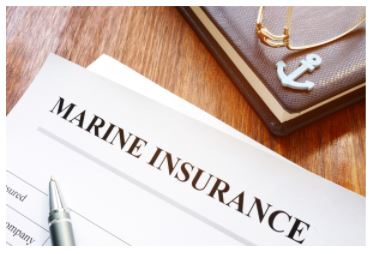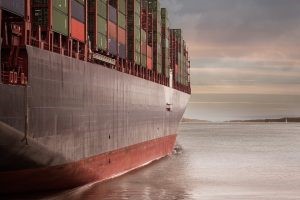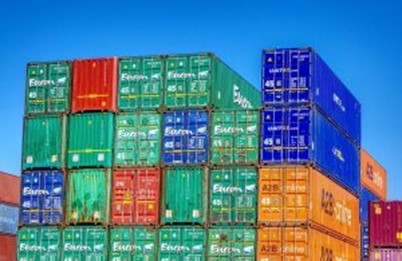Owning a yacht is a thing of pride for most people nowadays. Yacht owners usually never miss an opportunity to brag about their yacht’s engine, customised interiors and ostentatious exteriors. However, most yachts are actually not as sturdy as they appear. Due to constant exposure to seawater, most yachts are likely to have multiple damages here and there. Unsurprisingly, most of these damages are unnoticeable to the average person. This is the reason marine insurance experts strongly recommend to people buying used yachts, to get a thorough yacht assessment done by the experts, before buying one. If one is looking for financial assistance from banks to buy used yachts, then this process of evaluation becomes mandatory.
If you are looking for Marine Insurance in Singapore, you should consider Allegiance Marine Insurance. They cover both Marine Cargo and Marine Hull insurances. You should look them up above if you are serious about protecting your marine goods or properties.
A good inspection report provides the prospective used yacht buyers, the perfect weapon to negotiate the price of the yacht. In the yachting circles, this process is referred to as condition and valuation survey. It is imperative that the evaluation of yachts is done by a qualified professional. Only the yacht experts know what to check for and what to ignore. Most people do not know that, most yacht models have some predefined strengths and weaknesses.
Yacht experts are aware of these and can help prospective buyers in taking a smart decision. In this article we shall discuss, what goes into making effective assessments of used yachts while buying them. There is no substitute for a current evaluation Some used yacht buyers decide to buy the used yachts based on some old reports. Trying to save the costs of inspection this way, can result in huge losses later. Seas are highly unpredictable, there is no saying what a particular yacht would have gone through in its life. A current yacht evaluation by an expert is absolutely important before making any decisions regarding buying used yachts. It is imperative that people realise that, most of the problems in used yachts only become apparent upon deep inspection.
Yachts require maintenance without doubts, no used yacht will be as good as new, no matter how well maintained it is. Almost all used yachts will need some amount of renovation before it is seaworthy again. A thorough evaluation gives the complete picture regarding this. Prospective yacht owners will come to know the extent of repairs necessary and the costs associated with it. Once these figures are known, the prospective buyers can decide if it is worth buying the used yacht for the price being quoted. Yachts will inevitably require maintenance and it is no different for used yachts.


